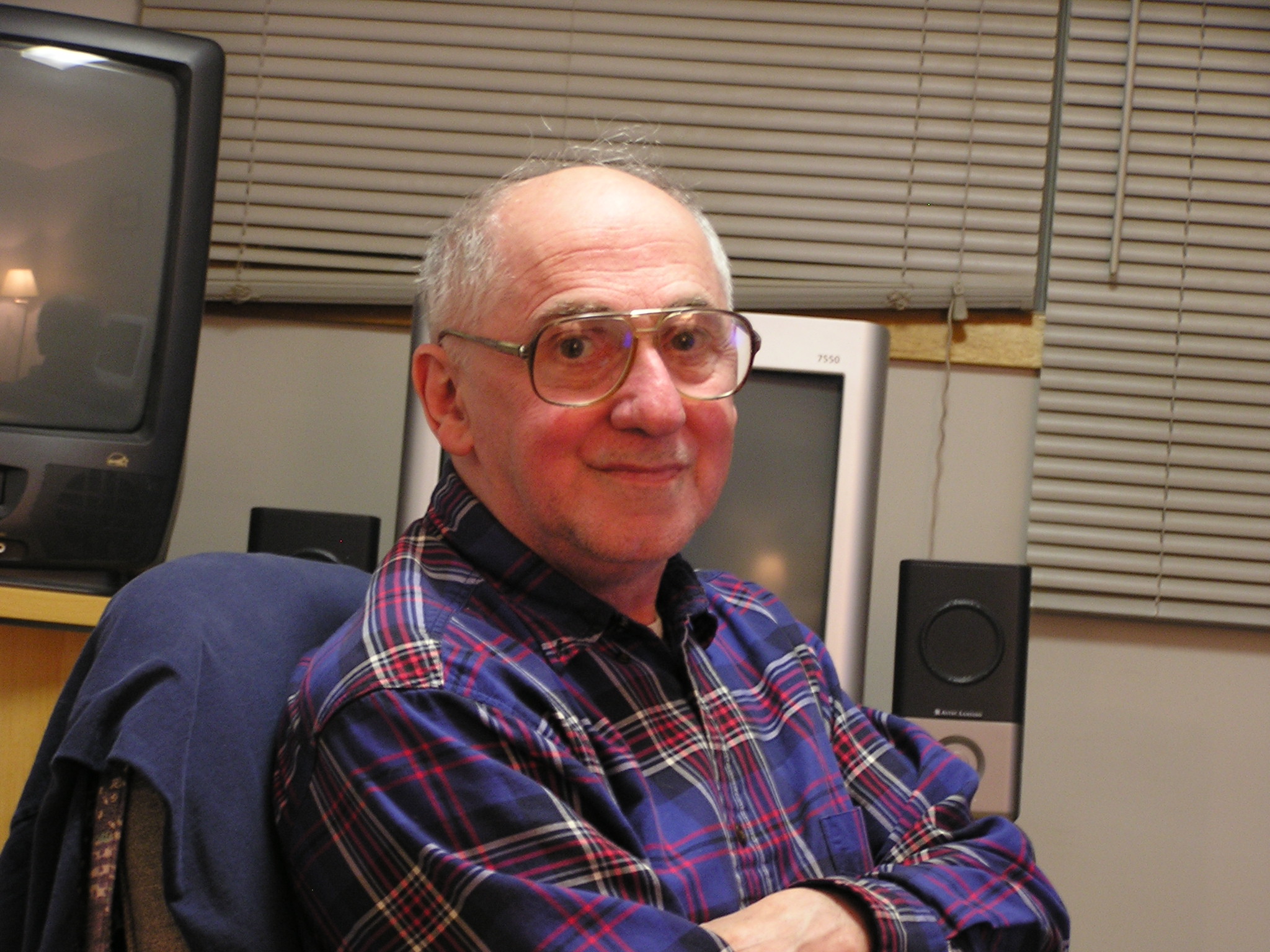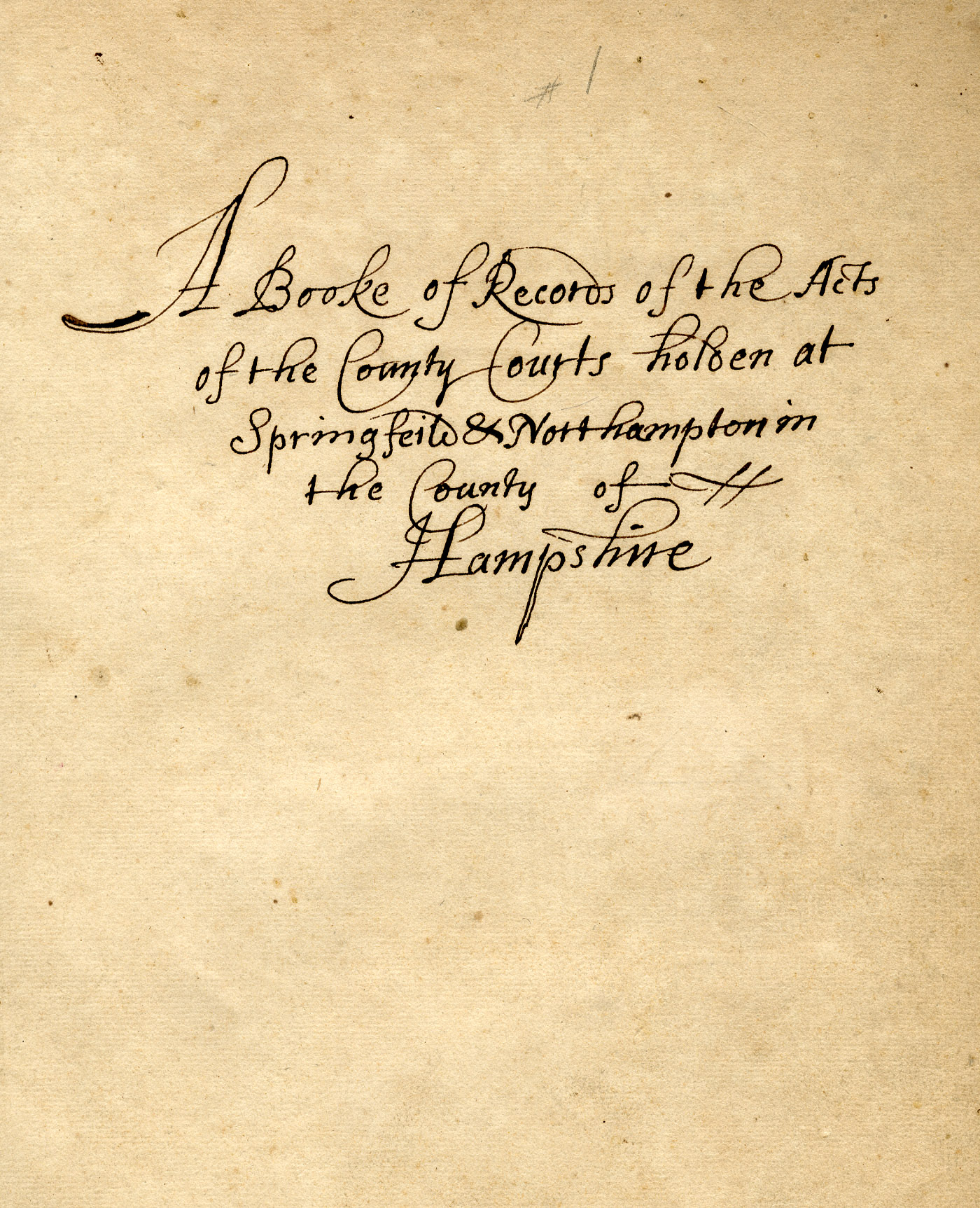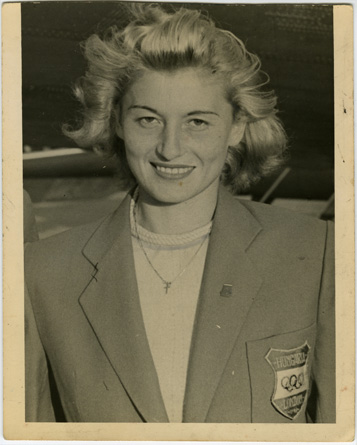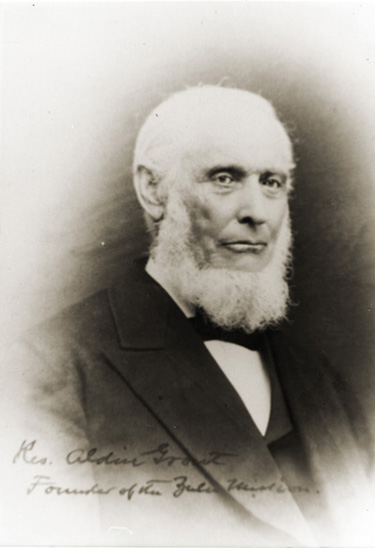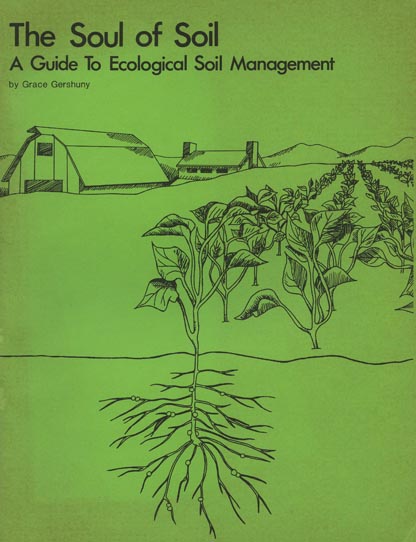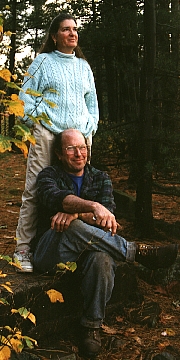Mark H. McCormack Papers
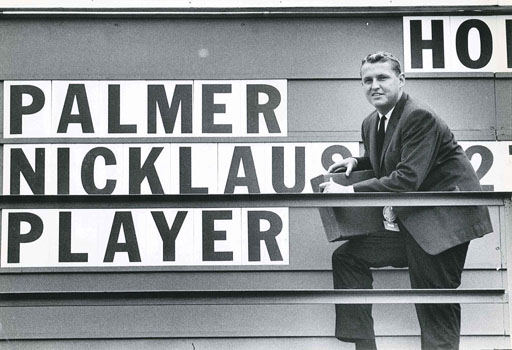
Once hailed by Sports Illustrated as “the most powerful man in sport,” Mark Hume McCormack directly engineered the growth of money and media in modern professional sport. After graduating from the College of William and Mary with a B.A. in French and receiving a law degree from Yale, McCormack joined the Cleveland-based law firm of Arter, Hadden, Wykoff, and Van Duzer in 1957. An accomplished golfer in college, McCormack remained close to the game, qualifying for both the British and U.S. amateur championships and the U.S. Open in the 1950s. While working as a lawyer and entrepreneur, he leapt to prominence by striking a deal with a legendary handshake to represent Arnold Palmer in 1960. With that auspicious start, McCormack soon added golfers Gary Player and Jack Nicklaus to his roster of clients, followed by a long succession of notable international sports figures and celebrities from Formula-1 driver Jackie Stewart, Olympic skier Jean-Claude Killy, tennis stars Billy Jean King and Pete Sampras to Margaret Thatcher, Pope John Paul II and models Kate Moss and Gisele Bundchen. McCormack quickly added corporations and sporting events such as Wimbledon, the Royal and Ancient Golf Club of St. Andrews, and Rolex as clients in sponsorship, licensing, event management, and media deals. These clients became the basis of IMG Worldwide, Inc., forming one of the largest management, media, and marketing companies in the world. The author of a dozen books on management and sport, McCormack became a famous figure himself as a business man, negotiator, and deal-maker before passing away in 2003.
With a growing collection of approximately 2,500 boxes of records that represent the personal life of Mark H. McCormack and the intertwined corporate records of IMG, the McCormack Papers provide an inside look at the last 50 years of the business of professional sport. The collection contains correspondence, memos, drafts, reports, contracts, research files, marketing materials, and memorabilia. The collection is arriving in stages and is currently being processed. Some materials are restricted.
 See the blog Mark H. McCormack Collection
See the blog Mark H. McCormack Collection
